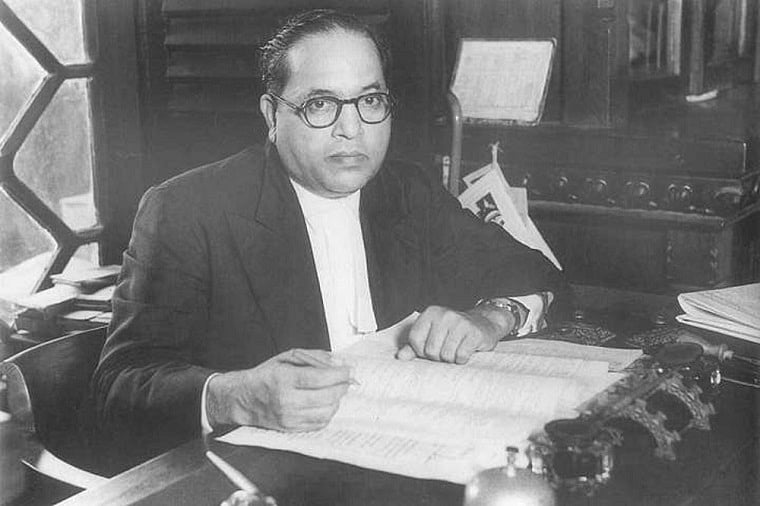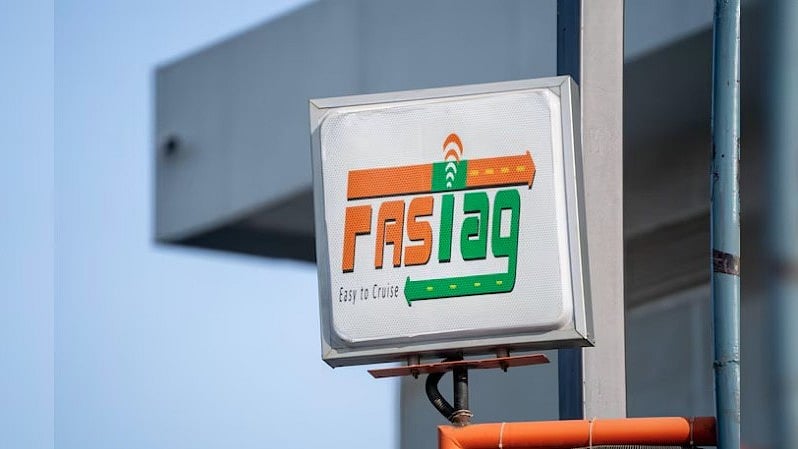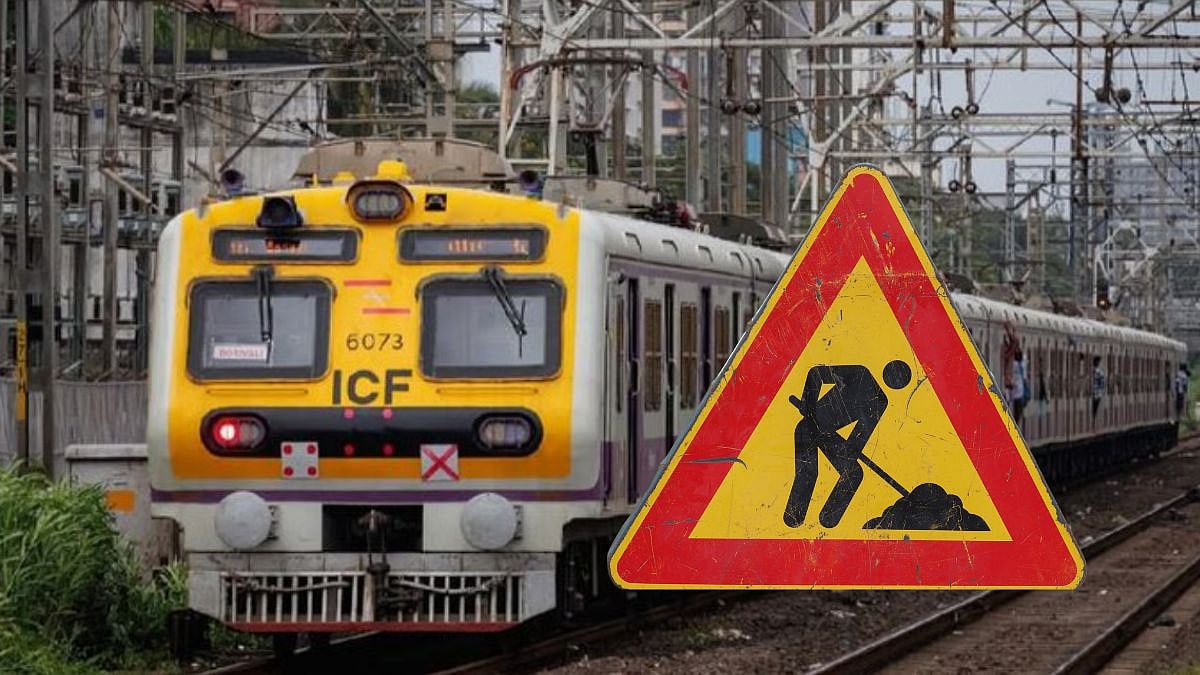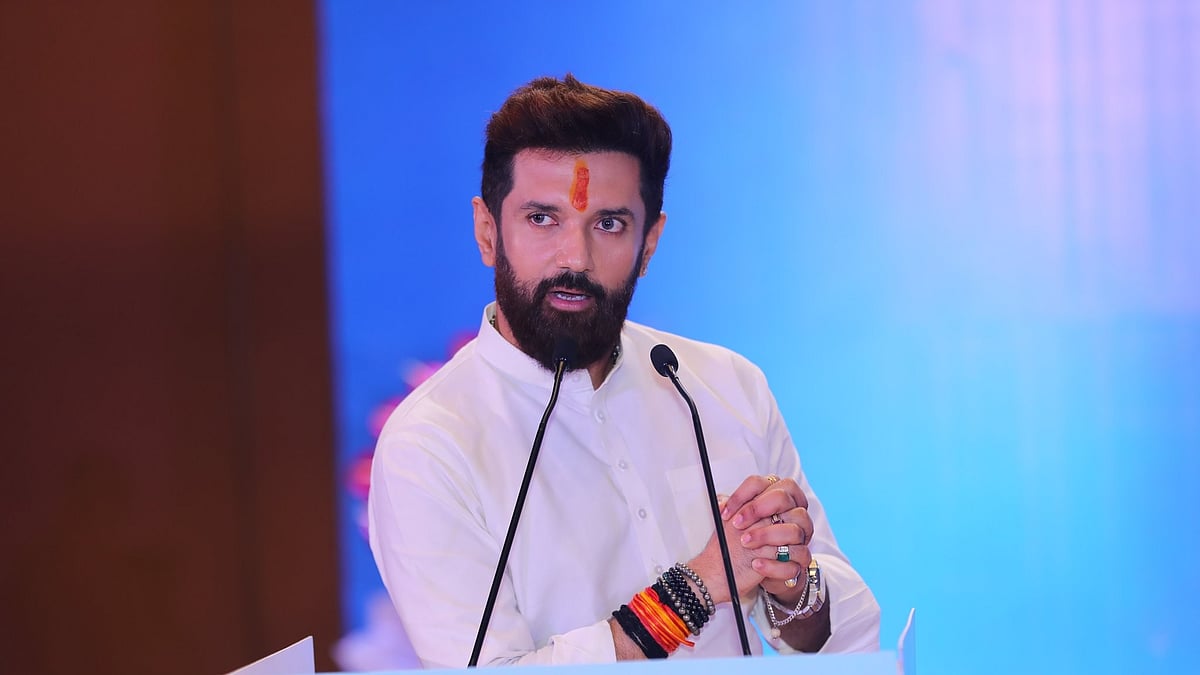Do you know what was the connection of Dr Ambedkar’s visit to Jhumritilaiya and Koderma in April 1944 with social security? Babasaheb visited the mica mines in areas around Jhumritilaiya and Koderma and found out very bad conditions of workers there. As a result of this visit, he got approved and finalised maternity benefit for the women workers, a labour welfare fund and restricted number of working hours.
This was not a stand-alone case of Dr Ambedkar’s contribution towards the cause of workers. Actually, Dr Ambedkar was a serious thinker and a tall contributor in the field of Labour Welfare and Social Security, apart from being a great emancipator of the depressed classes in pre-independence era, a constitution expert, a legal luminary and a mass leader.
Labour welfare
In his short spell as member (Labour) of the Viceroy’s Executive Council (July 1942 - June 1946), he undertook major steps towards protecting the interests of the labour and made this period a remarkable period in the history of labour welfare legislations. He made sure that the government takes the responsibility of ensuring the right to prescribe fair wages and fair conditions of service. His contribution towards various labour issues was immense. Some of the important Acts he contributed to were The Indian Trade Union (Amendment) Act, The Factories Act, The Payment of Wages Act, The Protection of Minimum Wages Act, etc. During this period and later on, he promoted trade unionism and tripartism.
Ambedkar was a votary of free movement of labour. He stressed upon skill up-gradation and mechanization. Ambedkar had an instrumental role in establishing employment exchanges, which helped in the resettlement of services personnel and discharged war workers. This was in sync with the requirement of the then job market and the industry. His views are even more relevant today when the country is facing an expanding youth population and a rapidly changing job market, specially in the present pandemic economic situation.
Ambedkar’s concern for labour was not only at the policy level but also at the political level. He floated the Independent Labour Party (ILP) in August 1936 which projected itself as a party of workers. The programme of the ILP, published in 1937, described it as a ‘labour welfare organization. It supported state ownership and management where ever necessary, and the working class, more so the ‘unorganised sector’. His views on protecting the interest of the labour was expressed in a weekly named “Janata” founded by him in the 1930s. However, due to the then Indian situation, where the religious and social order sanctified the division of labourer instead of the division of labour, Ambedkar had to change his course later on, to address the issue of caste. This was one of the reasons that the Independent Labour Party made way for the Scheduled Castes Federation (SCF) in the 1940s.
Social Security
Ambedkar’s contribution towards social security has also been phenomenal. Social Security is prerequisite to attain social transformation. In this respect, the approach used by Ambedkar to ensure social security for all is still relevant. Ambedkar strongly emphasised on, social justice through social security, bringing unity and equality of all human beings. Ambedkar believed that labour achieves security through legislation. It obtains the right to safety and care, through the welfare enforced by the government upon the employers for the benefit of labour. But labour’s security is not ensured merely with fair conditions of work. What labour wants is fair conditions of life, through fair conditions of liberty, equality, and fraternity.
While addressing the constituent assembly (November 25, 1949), Dr. Ambedkar stated: “The consciousness of social security comes to a man when he feels that he is getting his basic rights.” As the first law minister of independent India, Ambedkar proposed social security measures for the marginalised, women and factory workers. He believed that the state can help in creating social security for needy people. He got framed many laws for Social Security for workers like The Workmen’s Compensation (amendment) Act, The Coal Mines Provident Fund and Bonus Scheme Act, 1948, The Coal Mines Safety (Stowing) Amendment Bill 1944, The Mica Mines Labour Welfare Fund Act, 1946 and specially for women workers in India such as - Mines Maternity Benefit Act, 1941, Women labour welfare fund, Women and child labour protection act, Maternity benefit (later known as Maternity Benefit Act, 1961), Restoration of Ban on Employment of Women on Underground Work in Coal Mines.
For the benefit of workers, he got enacted the Employees State Insurance Act, 1948 to help them with medical care, medical leave, and compensation for injuries that happen during work. The benefits provided under this act are Sickness benefit, Disablement benefit, Dependants’ benefit, Maternity benefit, Medical benefit, Funeral expenses etc. Many of the important social security schemes now extant were articulated by Ambedkar long ago.
Denouement
It has been possible to make efforts towards attainment of goals related to labour welfare and social security, within framework of the Indian Constitution, due to Ambedkar’s efforts & vision to provide a road map for the people of India. The Directive Principles of State Policy under Articles 41, 42, & 47 of the Indian Constitution have provided explicitly for the same.
In today's era of economic uncertainty and global pandemic situation, the cause of social security and labour welfare is much more relevant and important as ever before. Contributions and thought of Dr Ambedkar towards labour welfare and social security is very much relevant today. Today's state governments, central government in India and governments across world in this pandemic situation and in the times of economic downturn have taken so many steps related to the Social Security, trying to cover more and more workers under the Social Protection Net, to provide them better security benefits.










